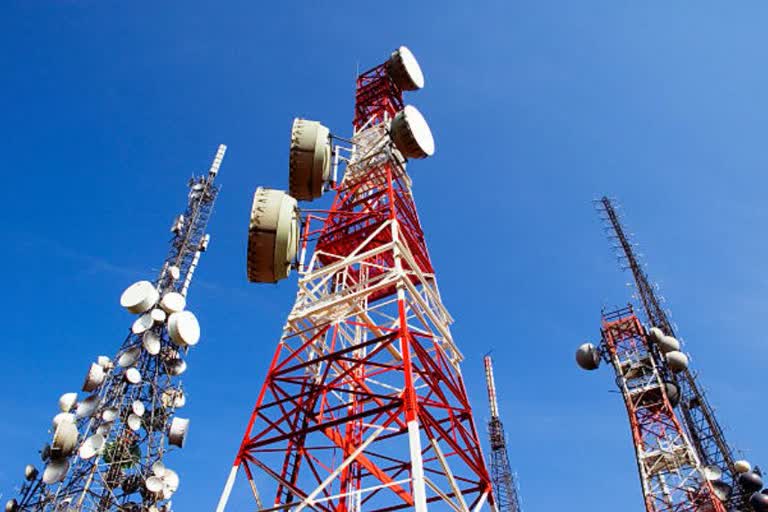New Delhi: Telecom body COAI has warned that absence of an immediate relief by the government to the sector could unleash "unprecedented crisis" in the industry that may "potentially be catastrophic" for the nation, curtailing investments, shattering investor confidence and leading to job losses.
The industry association has also rued that the adverse consequence of this could also be India ending up with a "possible monopoly in the telecom sector".
In a letter to the Telecom Minister Ravi Shankar Prasad, COAI Director General Rajan Mathews said, "We believe that in the absence of an immediate grant of relief by the government - two of the three private mobile operators viz Airtel and Vodafone Idea, which provide services to about 63 per cent of the current subscriber base, will face an unprecedented crisis".
A mail sent to Cellular Operators' Association of India (COAI) for comments on the contents of the letter remained unanswered.
The letter has not gone down well with Jio, also a COAI member, which has accused the association of a "serious breach of trust" and having a "prejudiced mindset completely laced with one-sided thought process".
"It seems there were extraneous consideration to sent this letter, only on behest of other two members. By such unwarranted behaviour, COAI has just proved that they are not an industry organisation but just a mouthpiece of two service providers," Jio said in its letter on Wednesday.
Jio, the newest and the most aggressive player in the telecom clan, has said that it disagrees with intent, tone and contents of COAI's letter to the government, which, it argued, does not represent industry views by any stretch of imagination.
Reacting to charges levelled by Jio, Mathews in a separate statement issued on Wednesday evening said: "This is a private matter between the members of the association and will be addressed in due course within the ambit of governance structure of COAI."
Read more:CAIT writes to PM on Amazon, Flipkart discount sales
Meanwhile COAI letter, a copy of which was seen by PTI, says the impact of the crisis could exacerbate the stress in the industry and potentially be catastrophic for the nation.
"Investments could be curtailed, services could deteriorate, jobs could be lost and investor confidence will most definitely be shattered," the COAI said in the letter dated October 29.
In addition, very large ongoing stream of government revenue in form of fees, taxes and spectrum dues will be under threat (over Rs 60,000 crore of annual payment from two operators and over a lakh of crore of spectrum dues) and bank loans running into nearly a lakh of crore could come under serious stress.
"Such an adverse outcome will trigger a chain of events which will result in a disruption of the entire business chain. The worst outcome of this would be India ending up with a possible monopoly in the telecom sector, which will have its own adverse consequences, compromising digital India vision of the government as also the Make in India program for digital products," the COAI said.
The association has sought the urgent intervention of the government to "avert such an unprecedented impact on the financial health" of its member companies.
The COAI has pitched for a two-year moratorium for spectrum payments beyond April 2020 and till March 31, 2022. It has said that without an interim short-term relief, the long-term continuity and ability of the operators to pay the future instalments "is at risk".
The COAI has also requested the government not to press for AGR dispute payment and grant waivers as the industry cannot bear the burden given its poor financial state. It has also urged the government to consider licence fee and spectrum usage charges (SUC) reduction, and measures to check predatory pricing, while allowing use of GST credit to pay for government levies.
Incidentally, Jio, in its letter to COAI, has said that references to predatory pricing, an issue which has been settled in all legal forums, is not only out of place and irrelevant but displays the lack of application of mind by the COAI and repetition of "foolhardy approach" of agitating already settled issues.
